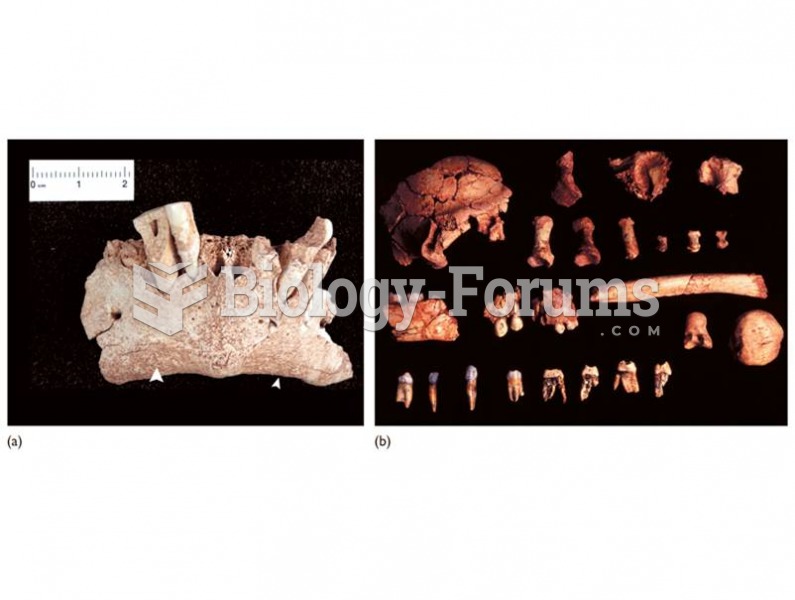|
|
|
Medication errors are more common among seriously ill patients than with those with minor conditions.
Normal urine is sterile. It contains fluids, salts, and waste products. It is free of bacteria, viruses, and fungi.
Nearly 31 million adults in America have a total cholesterol level that is more than 240 mg per dL.
There are major differences in the metabolism of morphine and the illegal drug heroin. Morphine mostly produces its CNS effects through m-receptors, and at k- and d-receptors. Heroin has a slight affinity for opiate receptors. Most of its actions are due to metabolism to active metabolites (6-acetylmorphine, morphine, and morphine-6-glucuronide).
Aspirin is the most widely used drug in the world. It has even been recognized as such by the Guinness Book of World Records.





